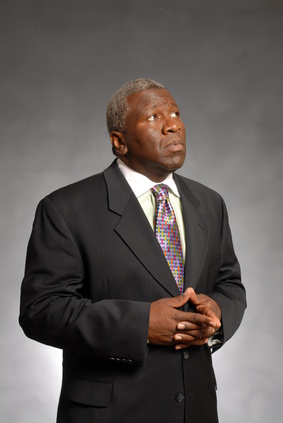
I’ve worked with a lot of new leaders over the years. Even more so – I’ve been one. Numerous times throughout my more than 35 years leadership career I’ve been the new guy. (And, learned lots of lessons the hard way.)
Navigating those early days in a new leadership role is critically important. Much of our future success as leaders is determined by how well we start. It is more difficult to regain momentum for our leadership if it is lost or never begins early.
So experienced leaders know they must start well to end (or continue) well.
Over the last few years, I’ve worked with a lot of pastors who are attempting church revitalization. Some of these experiences have helped shape this post. I really want to speak to the new or “about to begin” leader. If you’re in an existing leadership role there may be something here for you too, but I’m really addressing the earliest days of leadership.
To do so, I want to share some of the more common mistakes I’ve seen new leaders make recently. Again, most I’m referring to our pastors attempting church revitalization. I’m certain many of these would be true when attempting to newly lead any group of people.
Here are 7 classic new leader mistakes:
Assuming people trust you before they really do. New leaders often gain a window of approval. Everyone appears nice to the new person. People will appear excited to have a new leader on board – or at least pretend they are until they learn whether they really are or not. Either way, people in the early days can often make a new leader feel very loved and very popular. While this is indeed a blessing, the leader must understand trust is not the same thing as popularity. Trust is almost never granted simply by arrival or by position. It must be earned over time and experience.
Bashing the past while attempting to get to the future. When you make fun or speak badly of days gone by you often alienate people who were there before you arrived. When you talk about the mistakes of the past – even if they are obvious – you are often talking about the people you are now trying to lead. They may not have even made some of the mistakes themselves, but they were there when they were made. They remained through them and when you diminish the past you’re diminishing them or their loyalty. Don’t forget the past – good or bad – is a part of their personal story.
Assuming nothing good was done before you got there. In reality there were probably lots of good things done in the past. It’s arrogant to think otherwise. They may not be experiencing their best days now – and, that’s probably part of the reason you are there – but, you’ll be better off to help people rediscover some things which were done well than to ignore any good that ever happened before.
Having the “they need me” complex. When the new leader arrives pretending to have all the answers alienates any other good ideas from being shared. People either aren’t motivated to help or they don’t feel they have permission.
Ignoring unwritten rules. Every organization – including the church – has some rules in place which never make it to a piece of paper. They are in the core DNA and are often more powerful that upon which has been formally agreed. They involve things such as how things are done, how people interact with one another, and reaction to change. (These rules can be changed over time, but not as easily if they aren’t understood – even followed – in the process.)
Not understanding the real power structure. Before you can ever effectively implement change you have to learn the people who are actually in a positions of power. It’s not always the people with titles. There are people of influence that – when they speak – people listen.
Not testing the waters before making major change. Seasoned leaders know there must be “meetings before the meeting”. You must find the pulse for change before you spend any capital for change you have. Don’t assume everyone is on board just because it’s a great idea (in your mind) and people like you.
If I could summarize all of these in one word I’d likely say humility captures most of them. A new leader will have to make hard decisions, will often have to defy the way things have always been done, and will need to lead people into unknown, better realities than today. All of that is a part of leading. But, the way a new leader approaches these will likely determine how successful the leader remains – after, the honeymoon period ends.
(And, maybe the subject of another post, but honeymoon periods, in my observation, aren’t lasting as long as they used to last.)








Well stated. Thanks for the useful blog post. It resonates with what I know working with my leadership coaching clients.